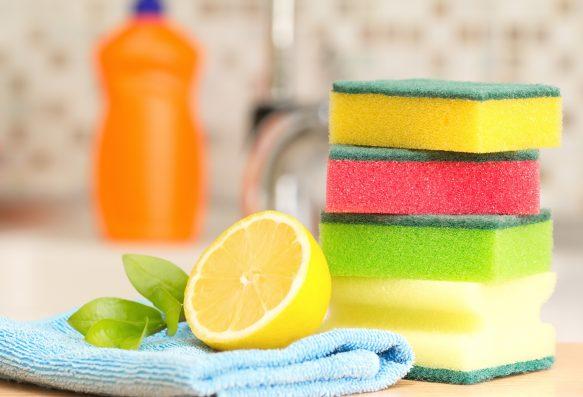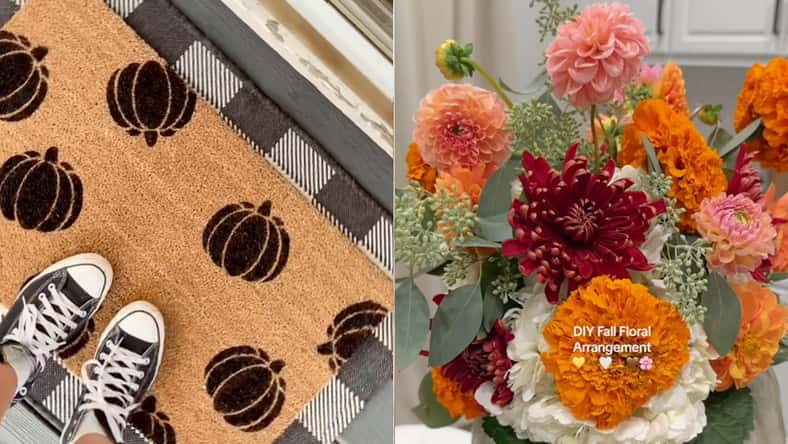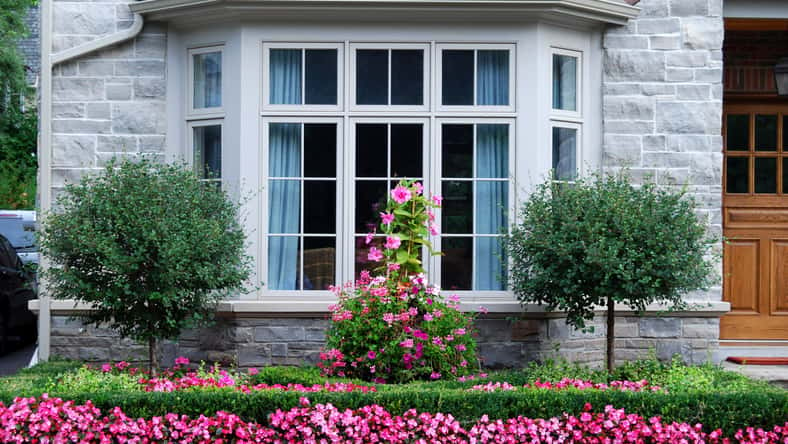
When you’ve got a smelly garbage disposal, a cutting board infused with the strong odors of garlic and onions, or a white t-shirt stained yellow under the armpits, lemons can come to the rescue. However, the vibrant fruit isn’t the solution to all your cleaning troubles.
In fact, lemon juice can be unsafe to use on some surfaces, and it can create toxic fumes when mixed with certain products. Read on to learn what you should avoid cleaning with lemons. A few of these may surprise you!
Bleach
First and foremost, lemon juice should never, under any circumstance, be combined with chlorine bleach or products that contain bleach. You may have been warned against mixing bleach with vinegar. Well, the same rule applies to lemon juice. Like vinegar, lemons are mildly acidic, and when chlorine bleach is mixed with acids, a chemical reaction occurs, creating toxic chlorine gas, which is harmful when inhaled.
Hardwood Floors
Lemon juice is great for cleaning surfaces in your kitchen. But if you want your hardwood floors to stay shiny and intact, keep the lemons away. Lemon juice can eat away at the seal on hardwood flooring, making it susceptible to further damage. It can also dull the appearance of your floors, taking away their glossy finish. So, stick with plain soap and water or commercial cleaners to sanitize those areas.
Brass Plating
Brass items can add a sense of brightness and elegance to your home. However, it can become tarnished and unpleasant to look at when you don’t clean it regularly. Lemons can be used to polish up solid brass, but objects with brass plating are a different story. If brass-plated pieces are cleaned with lemon juice, it can cause corrosion, deteriorating the entire surface.
You can tell the difference between solid brass and brass plating by using a magnet. If you feel the magnet pulling toward the metal, that means it’s made of brass plate, and you should pass on the lemon juice.

Natural Stone
Countertops, backsplashes, flooring, and furniture constructed from granite, marble, quartz, slate, and other natural stones should not be exposed to lemon juice. The acidity can lead to small cracks, indentations, or fissures in the stone’s surface. Ensure that any spills are quickly mopped up.
Dark Or Brightly Colored Fabrics
Lemon juice can act as a sort of mild bleaching agent. The acid in the fruit can help remove the stains that sweat often leaves on white t-shirts or socks. However, it should not be used on anything that has dark or bright colors. If so, it can cause permanent discoloration.
If true crime defines your free time, this is for you: join Chip Chick’s True Crime Tribe
The All-White Sofa Isn’t As Great As Everyone Makes It Out To Be
Sign up for Chip Chick’s newsletter and get stories like this delivered to your inbox.












